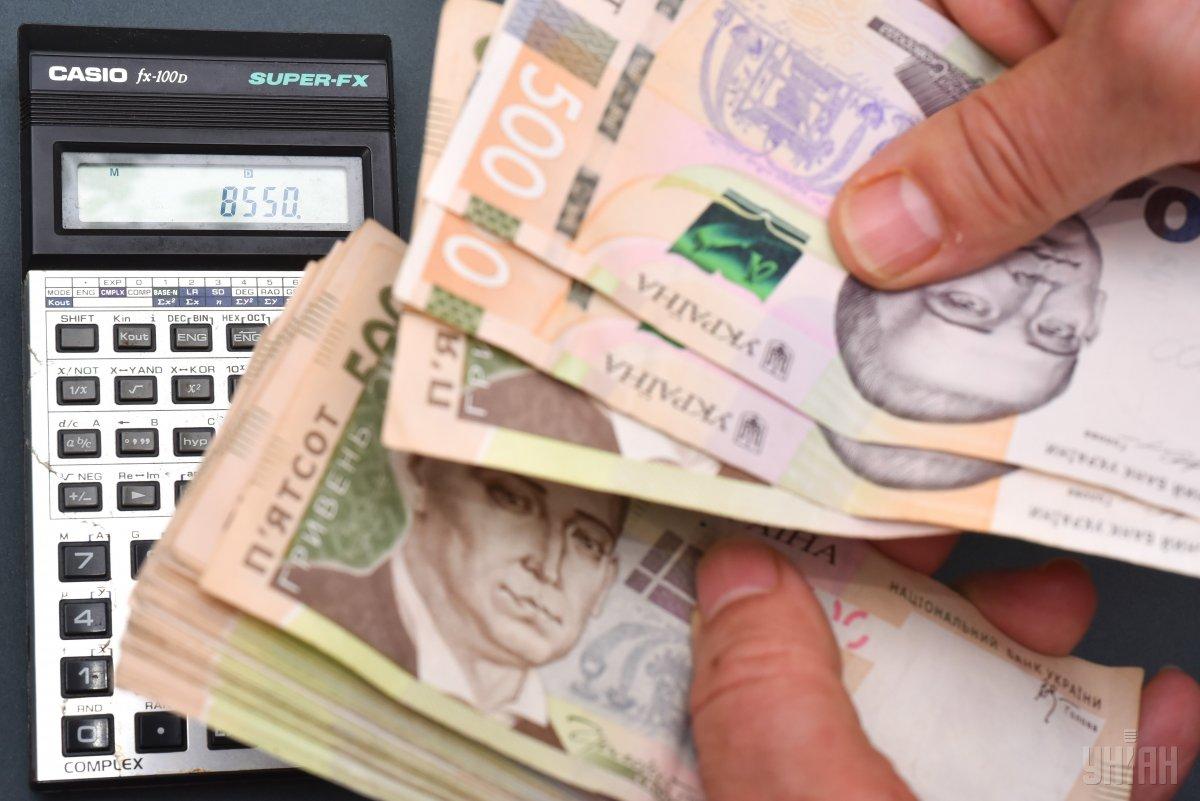
Ukraine's world-beating currency is complicating the country's finances.
While this year's 16.5% rally against the dollar is helping to curb inflation and deter some workers from seeking better-paid jobs abroad, it's also slashed the hryvnia value of export revenues on which the government relies, Bloomberg wrote.
Read alsoUkrainian hryvnia world's best-performing currency this year
The 2019 budget was based on an average exchange rate of 28.2 per dollar, later amended to 26.4. Monday's rate was 23.8, contributing to a 39 billion-hryvnia ($1.6 billion) gap between revenue projections and the amount actually collected.
The government this month ordered the Finance Ministry to reduce some development spending, the Ekonomichna Pravda news website reported, citing documents it obtained. Meanwhile, state-run energy company Naftogaz Ukrainy was ordered to bring forward 13 billion hryvnia of dividends and other payments scheduled for 2020.
While Finance Minister Oksana Markarova has reassured parliament that any underperformance is "fully under control" and won't lead to expenditure being trimmed, there are doubts that cuts can be avoided.
"There's no other way for the government" because of Ukraine's fiscal commitments to the International Monetary Fund, said Dmytro Boyarchuk, executive director of economic-research company Case Ukraine in Kyiv.
Read alsoHryvnia to weaken against dollar this week – expert
He sees a revenue shortfall of 0.7% of gross domestic product this year, saying the government can delay financing of some infrastructure projects into 2020 to alleviate the budget pressure.
The Finance Ministry didn't respond immediately to a request for comment.
The hryvnia rally is being driven by foreign appetite for high-yielding government debt and is also worrying export-oriented industries including agriculture and metals.
Allies of President Volodymyr Zelensky blame the central bank for maintaining Europe's highest benchmark interest rate and not intervening to restrain the hryvnia. While borrowing costs have been lowered in recent months, the bank says cutting them too quickly would bring about unsustainable economic expansion. It also maintains a flexible exchange-rate policy.

